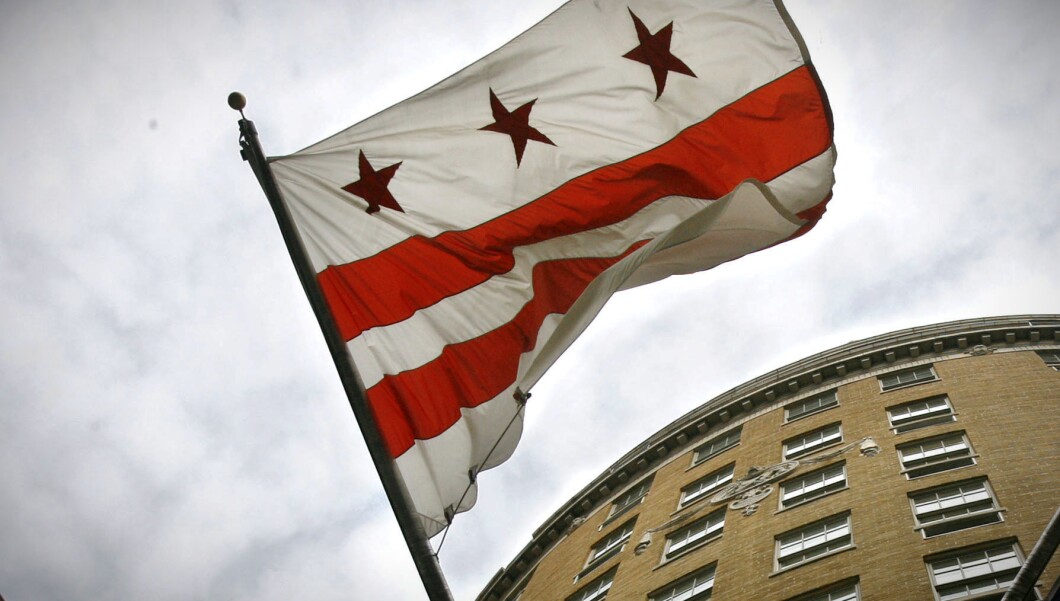
President Joe Biden’s pledge to sign a bill that would repeal a controversial Washington, D.C., crime law has drawn the ire of district statehood advocates who fear it may set their cause back.
The last official development in the question of district statehood occurred 50 years ago when President Richard Nixon signed into law the District of Columbia Home Rule Act, which gave the district a large degree of autonomy.
WHITE HOUSE PRESSED ON DC STATEHOOD AS BIDEN SAYS HE’D OVERRIDE CRIME BILL
Biden’s decision marks the latest development in the saga of Washington, D.C., statehood. However, one expert argues that the impact of the decision is being overblown.

Mosheh Oinounou, the founder of Mo News, has spent more than a decade in Washington covering national politics. He spoke with the Washington Examiner to give wider context to the latest development.
“In the short term, it’s a punch in the gut,” Oinounou said of the impact of Biden’s decision on statehood advocates. “But long term, it doesn’t have much of an impact.”
“They felt that they had the wind at their backs,” he said. Biden has distinguished himself as much more in favor of district statehood than his Democratic predecessors, so the move was seen as a particularly harsh betrayal.
But even as far as concerns over precedent go, Biden’s move doesn’t particularly change anything, Oinounou said.
“The way D.C. home rule works, Congress has oversight over city affairs,” Oinounou said. “Ultimately, nothing changes. Nothing has changed in the past 50 years.”
Though the Republican Nixon supported district statehood half a century ago, changes in political calculation since have turned the issue into primarily a partisan one due to the deep-blue character of the district’s politics. Now, for Washington to attain statehood, it would need a “Democratic trifecta for this to happen,” Oinounou said.
CLICK HERE FOR MORE FROM THE WASHINGTON EXAMINER
Democrats and Republicans have almost entirely closed ranks on the issue, he added, so Democrats would also need a filibuster-proof majority in the House and Senate to grant district statehood.
One alternative is for a compromise, to which several solutions have been proposed over the years. One such solution, proposed in 2008, was to give Utah, a solidly red state, extra representatives to counterbalance the new influx of blue Washington, D.C., representatives. Though failing to pass, the proposal could provide a model for a future compromise. Given the near 50-50 split of the Senate, a similar proposal might be seen regarding the upper chamber.







